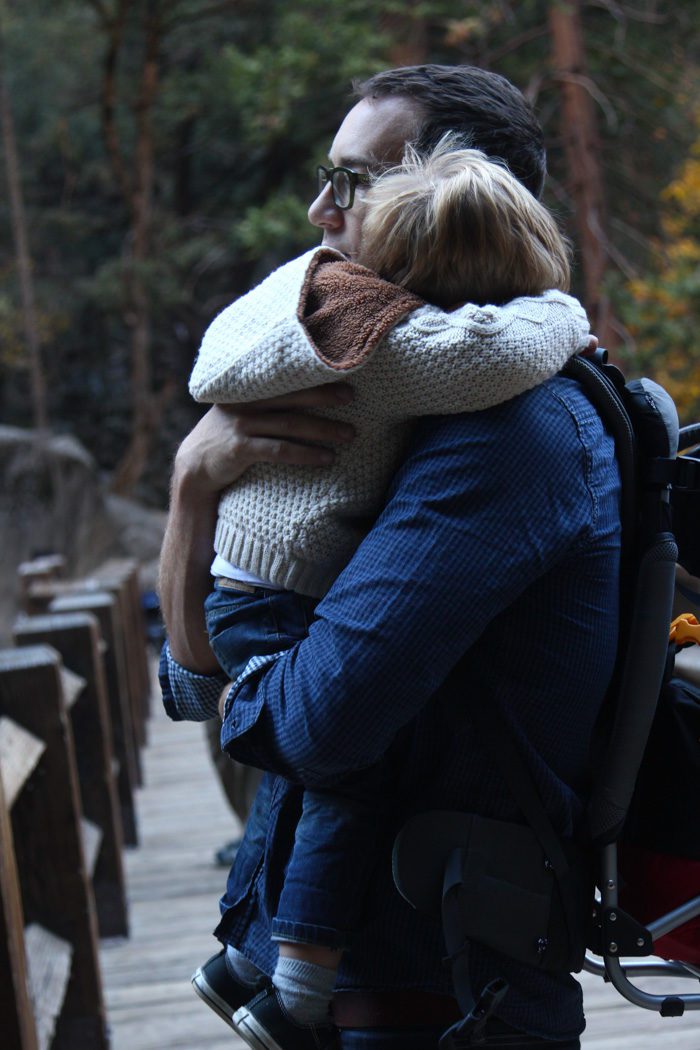
Three years ago, at age 3-1/2, our son—a typically sweet and agreeable three year old—seemed to turn into a threenager. Mood swings, battles of opinion, and crying over whether or not a particularly food was whole or broken had me losing my cool more than I’d like to admit.
One day, after a particularly long morning (which is really a mild euphemism for what seemed awful at the time), during which there were a series of proverbial straws (that broke my proverbial back)—grabbing toys from his sister, chasing the dog, hiding under the coffee table when it was time to get dressed, and then being a real curmudgeon when it came to my singing along to the radio—I found myself tearing up while desperately asking advice of a teacher at his preschool. “What is going on?” “Should we be doing more time outs?” “Our pediatrician has suggested counting, what do you think?” (One of the benefits, I’ve found, to sending him to preschool is the sage advice of teachers who each have 20+ years of experience with two-to-five year olds). After assuring me that this too will pass and agreeing that the negative discipline often just makes you end up feeling crummy, she recommended a couple of books. One had the telling title, Your Three Year Old: Friend or Enemy? Then, later that day she texted me: “I just realized he’s exactly 3-1/2. That explains a lot.”
I read the book that night. It’s written in a different era (gender roles are at times a bit antiquated), but it’s the kind of thing from which you find yourself stopping to read aloud to your partner, because the descriptions are just so dead-on.
The gyst? ‘This is all completely age-appropriate behavior. Don’t hold the line and engage in power struggles if not totally necessary. Be sympathetic if they’re insecure. Just get through this phase as peacefully as possible.’ And then, something seemed to change within that very week! I’ll never know whether my trying to go with the flow a bit more made the difference (probably) or whether time just passed (probably that, too), but something changed. It reminded me of that first year with him as an infant—you’d just be losing your mind about some crying bout or sleep phase, googling frantically “why does my four month old get up at 4am every day?” and it was always just when you were at the point where you would have tried anything—No more ice cream! More yogurt! Hypnotherapy!—that everything would change again.
Since then, I’ve ordered every subsequent book in the series, which spans ages two through fourteen. If you need a little solidarity, some encouragement that whatever is happening in your home is developmentally appropriate, these short little books are wonderful resources. I’m so glad to have discovered them.
With Skyler having just turned four, I’ll be starting Your Four-Year-Old: Wild and Wonderful.
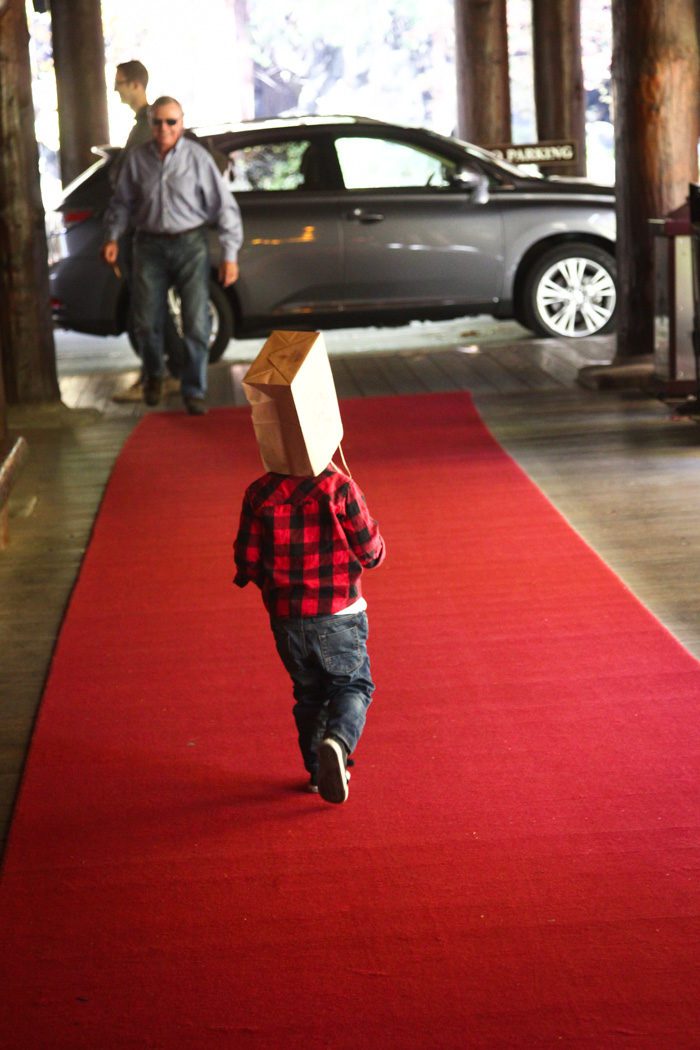
Have you read them? Do you have any favorite parenting books? Where do you look for advice?
P.S. Books for parents with a new baby, the best book if you’re pregnant, and Secret Lives of 4-Year-Olds. Also, some more useful parenting tips.
[Description pulled from my post about Hudson at age 3-1/2; Photos from a weekend in Yosemite]

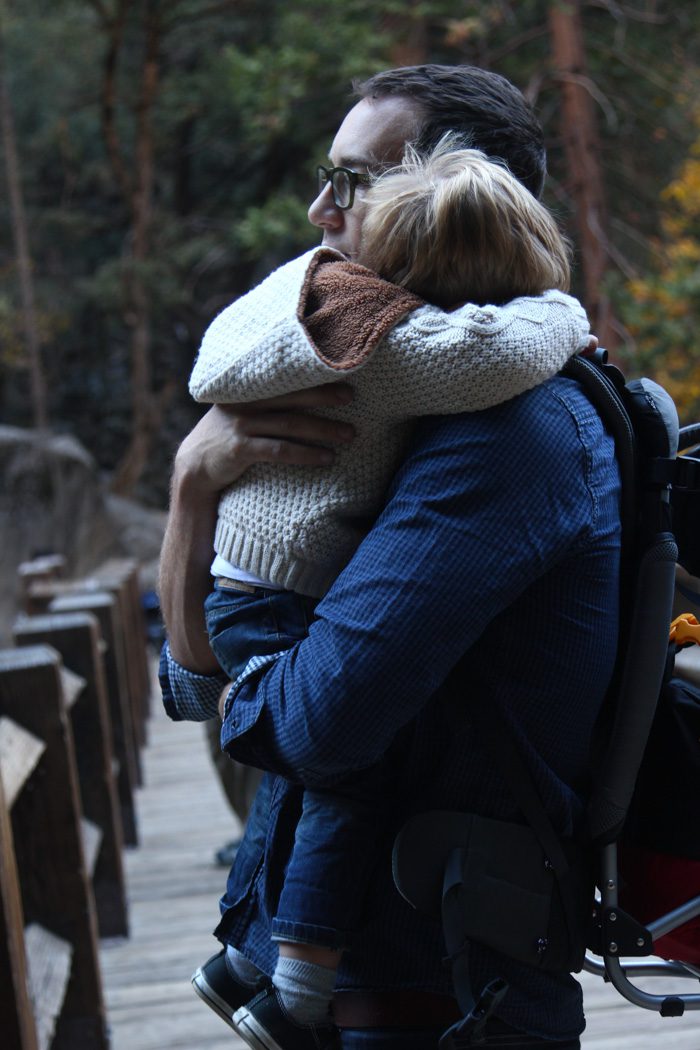




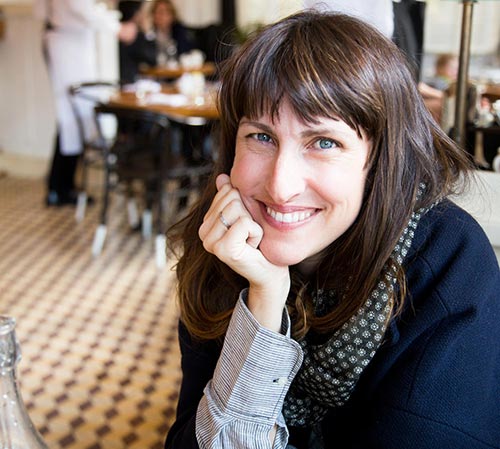




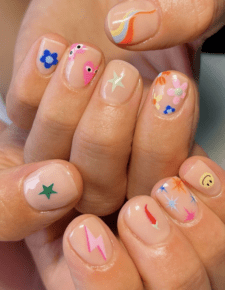




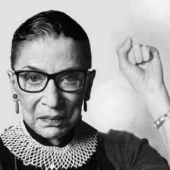

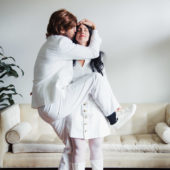
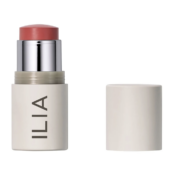

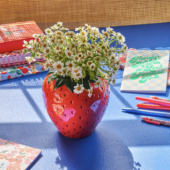
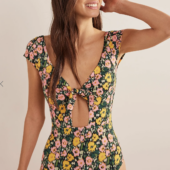








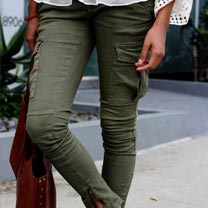





15 Comments